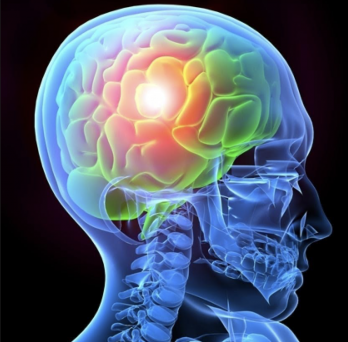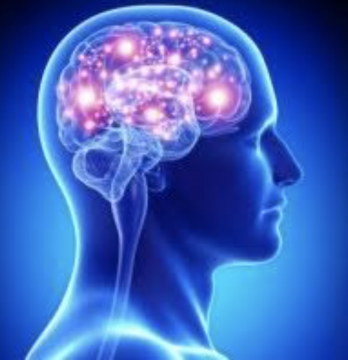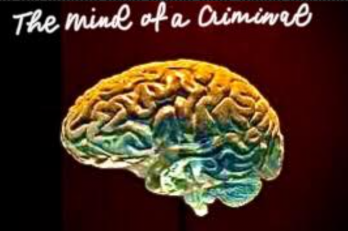When a trauma patient is admitted to a hospital, doctors don’t only have to treat the most visible injuries, but also have one, pressing worry looming over their head: Has the patient suffered any brain damage? Unlike a broken bone which can be stabilized with a rod, brain damage cannot be reversed; severe traumatic brain injury (sTBI) survivors hence experience permanent functional disabilities due to the brain’s poor capacity to generate. The reality is that doctors can administer some type of remedy for a wide range of other illnesses, but hit an insurmountable wall when it comes to brain injuries — injuries that ravage the control center of a person, impeding them for the rest of their life.
[…]Throughout our extensive history, humans have evolved; minor changes in the genome of one became more widespread throughout the population over time, eventually leading to advantageous, groundbreaking changes in human structure and function. Similarly, research in neuroscience has uncovered the extent of the extensive change that the human brain has undergone; the overall trend is that it has grown larger, leading to an increase in human intelligence and capability.
[…]When heinous crimes occur, prosecutors often struggle to find the reason why. After all, wouldn’t it be difficult — almost impossible, even — to determine what caused someone to kill an innocent human being? What could potentially motivate someone to start fires, commit robberies, and cause overall chaos? Although criminals come in all shapes and sizes, some neuroscience research has identified biological commonalities — or risk factors — amongst those who have committed crimes. In other words, researchers are getting closer to mapping out the mind of a criminal.
[…]Killing an approximate 122,019 people in 2018 in the United States alone, Alzheimer’s disease
is fatal and the sixth leading cause of death in the United States. It is the only illness on the list
that cannot be prevented, cured, or even slowed. In fact, a person diagnosed with the severe form
of senile dementia is estimated to live for an estimated three to eleven years. While the disease
does not actually kill a person, the abnormal protein deposits destroy a person’s brain cells,
which subsequently lead to fatal complications, such as the formation of blood clots, or not
being able to swallow. When a person is diagnosed with Alzheimer’s, it is truly heartbreaking;
while they suffer the complications, they also lose their sense of self. The disease claims their
precious memories, which makes the situation all the more devastating for the family. However,
a recent study conducted by the biopharmaceutical company Alzheon has alleged that we should
not give up hope on a potential cure for the gut-wrenching disease.



